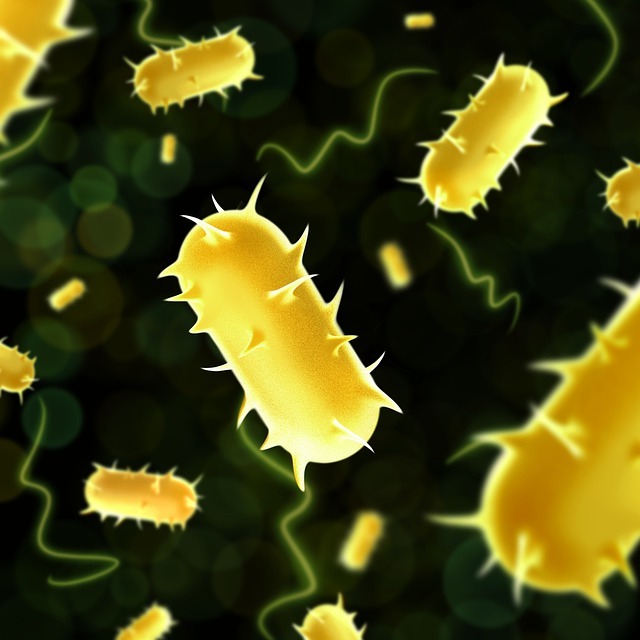Science and Tech explainer: virus evolution
Viruses are microscopic infectious agents which can only replicate when inside a host. They are dynamic; often evolving very rapidly. They may result in outbreaks or, in the worst case scenario, a pandemic. But how exactly do they evolve?
Evolution in viruses
Evolution is when a gene pool changes over time. This means that new genes are incorporated into the genome and old ones, which are no longer useful, are lost. This can happen by Natural Selection, where the most favourable mutations live on, making the organism even better adapted. The problem is that viruses have the ability to evolve much faster than humans. This is largely down to the fact that they reproduce much faster than other organisms and have extremely large population sizes. This means that with every replication, they have the ability to create thousands of new mutations. These new mutations can be selected for so the virus becomes even better at infecting the host. Another way that viruses can evolve is by recombination. This is when they swap genetic information amongst each other. This can be extremely dangerous as it means two different strains can merge and become a new, even more powerful strain.
How does the flu vaccine work?
It is well known that the seasonal flu vaccine is slightly different every year. Whilst the flu can feel just like a cold to healthy individuals, it can cause serious implications in those with weaker immune systems, or medical conditions. Leading up to the flu season, researchers determine which strains will be most prevalent. This is then used to amend the vaccine to ensure that people will be protected against these particular strains. Approximately two weeks after the vaccination, the person’s body will have produced enough antibodies to protect them against these strains of the flu for the whole season. Of course, this isn’t a protection against all types of flu that exist. It should, however, greatly minimise your risk of getting ill with the flu in that particular year. This is a great example of virus evolution as, from experience, we can see that different strains come about every single year.
COVID-19 research
A recent study, carried out by UCL, analysed the genomes of 7,500 SARS-CoV-2 viruses taken from individuals from around the globe. The main outcome of the research was that 198 mutations that have occurred independently more than once were identified. This means that these specific genes are more prone to mutations as they have mutated in the same place in the genome all over the world. This allowed the researchers to identify bits of the virus’ genome that had a very small number of mutations. Since these areas were relatively unmutated, they were called invariant.
Vaccine development is extremely difficult for quickly mutating viruses. This is because, by the time the vaccine is distributed, the virus may have evolved so much that the antibodies produced by the body are of no use at all. This study shows how understanding the genome of a virus can help to create a more effective treatment for it. With thousands of samples analysed, it can become clear which specific areas of the virus are not likely to be different around the world. Therefore, if this information was used in the development of a vaccine, it is likely to be much more effective as it would still work, even if other parts of the virus mutated. This means that a vaccine could be a more long-term fix, rather than having to be readapted every year, or even more frequently. For this to work, scientists would need a huge sample size to make sure that the invariant regions they are identifying are truly invariant and not just a coincidence.
Of course, research and vaccine development is a lengthy process so it is not expected that these findings will be of immediate effect. However, this is a good example of how research early on can help with finding out the most effective way of eradicating a virus.

Comments